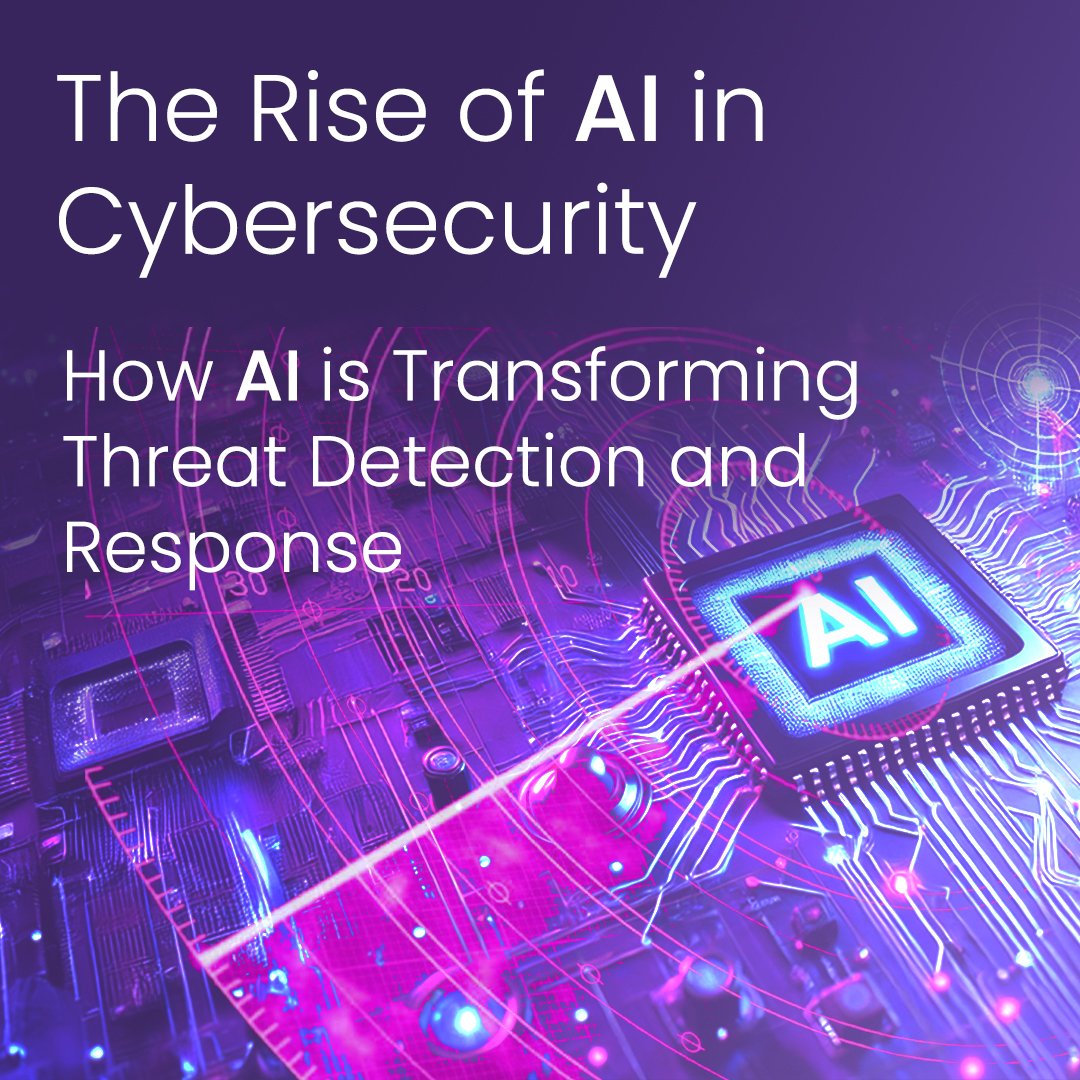Introduction to AI and Its Evolution
Artificial intelligence (AI) refers to the simulation of human intelligence in machines that are programmed to think and learn like a human. The development of AI has evolved significantly since its inception, spanning several decades marked by key milestones. The field began in the mid-20th century, when pioneers such as Alan Turing and John McCarthy laid the groundwork for what would become a revolutionary shift in technology.
Initially, AI consisted primarily of basic algorithms designed for specific tasks. These early systems, while groundbreaking, lacked the capacity for self-learning and adaptation. The 1950s and 1960s witnessed early successes in AI with programs capable of playing chess and solving mathematical problems. However, progress slowed significantly during the 1970s and 1980s due to the limitations of available computing power and data.
The resurgence of AI can be attributed to advancements in computational technologies, the availability of large datasets, and the development of more sophisticated algorithms. In the late 1990s, AI began to see real progress with the introduction of machine learning, a subset of AI that enables systems to learn from data without explicit programming. This shift allowed for the creation of predictive models and data analysis techniques that transformed various industries.
One of the pivotal breakthroughs in AI came with the development of deep learning, which employs neural networks with numerous layers to process complex data representations. This approach has fueled remarkable successes in areas such as image and speech recognition, reinforcing AI’s relevance in today’s digital landscape. Consequently, AI has transformed sectors like healthcare, finance, and transportation, with self-learning systems continually refining their capabilities.
As we reflect on the evolution of AI, it is evident that we stand at a crossroads where technology and human ingenuity intersect, presenting both vast opportunities and challenges that will shape the future of artificial intelligence.
Transformative Effects of AI on Various Sectors
The integration of artificial intelligence (AI) into various sectors has ushered in a new era of innovation and efficiency. In healthcare, for example, AI algorithms are being employed to analyze medical data and assist in diagnosing conditions with unprecedented accuracy. A notable case study is IBM Watson Health, which uses AI to analyze patient data and provide oncologists with treatment recommendations based on extensive research. This not only improves patient outcomes but also optimizes the workflow within healthcare facilities, allowing medical professionals to focus on patient care rather than administrative tasks.
In the finance sector, AI is revolutionizing investments and risk management. Machine learning models are being utilized to predict market trends and assess credit risks. For instance, companies like ZestFinance leverage AI to evaluate borrowers’ creditworthiness by analyzing a wide range of data sources. This advancement enables financial institutions to make more informed decisions and extends credit to individuals who may have been overlooked by traditional assessment methods, thereby promoting financial inclusivity.
The transportation industry is also witnessing substantial advancements due to AI technologies. Autonomous vehicles, powered by complex algorithms and machine learning, are reshaping how we transport goods and people. Companies such as Waymo have already conducted extensive real-world testing of self-driving cars, showcasing how AI can enhance safety and efficiency on our roads. Furthermore, AI-driven logistics systems streamline supply chain operations, reducing costs and improving delivery timelines.
In the realm of education, AI is transforming learning experiences by personalizing educational content to suit individual student needs. Platforms like Coursera and Khan Academy utilize AI algorithms to offer tailored course recommendations, enabling learners to engage in a more effective educational journey. Such integration not only boosts student performance but also allows educators to take on more personalized teaching approaches, thus enriching the overall learning environment.
Overall, the transformative effects of AI across these diverse sectors illustrate its potential to enhance efficiencies, drive innovation, and improve outcomes while reshaping traditional practices and workflows.
Ethical Challenges and Societal Concerns
The rapid integration of artificial intelligence into various sectors has brought forth a plethora of ethical challenges and societal concerns that necessitate urgent attention. A primary issue is the potential for job displacement due to automation. As AI systems become increasingly proficient at performing tasks traditionally handled by humans, there is a real risk that many workers may find themselves displaced from their jobs. This shift not only threatens economic stability, but it also raises questions about the retraining and support necessary for affected individuals to transition into new roles.
Additionally, privacy concerns come to the forefront with the extensive data handling required for AI systems. As these technologies rely heavily on vast amounts of personal data to operate effectively, the potential for breaches of privacy becomes a critical issue. The ethical management of this data—ensuring that it is collected, stored, and utilized responsibly—poses a significant challenge for organizations involved in AI development. Failure to address these concerns may lead to a loss of public trust in AI technologies.
Moreover, the issue of bias in AI algorithms bears significant consequences. Algorithms are often created based on historical data, which may inadvertently perpetuate existing inequalities or biases present in the data. This can lead to unjust decisions in crucial areas such as hiring practices, law enforcement, and healthcare. The moral implications of allowing machines to make decisions that can significantly influence human lives call for vigorous scrutiny and ethical guidelines to ensure fairness and equity in AI applications.
Creating robust regulatory frameworks is essential to navigate these challenges effectively. Collaboration among stakeholders—including technologists, ethicists, lawmakers, and the public—is paramount to develop ethical guidelines governing AI development. Through collective efforts, it is possible to mitigate the risks and harness the potential of AI technologies while ensuring they are aligned with societal values and human rights.
The Future of AI and Humanity: Opportunities and Risks
The trajectory of artificial intelligence (AI) is poised to significantly alter the fabric of human existence, presenting both unparalleled opportunities and formidable risks. As AI technologies transcend traditional boundaries, the potential for enhancing human capabilities through synergistic collaboration emerges as a dominant theme. Such collaboration could revolutionize sectors including healthcare, education, and environmental management, enabling professionals to leverage AI’s analytical prowess for improved decision-making, predictive analysis, and innovative problem-solving.
However, alongside these transformative prospects lies a spectrum of risks that must be meticulously navigated. One pressing concern is the potential for AI technologies to outpace regulatory frameworks, leading to situations that could endanger privacy, security, or even ethical standards. Furthermore, as AI systems become more autonomous, there is an increased risk of job displacement for various occupations, necessitating a re-evaluation of workforce dynamics and educational imperatives. The balance between harnessing AI’s benefits while mitigating its drawbacks will require vigilant oversight and proactive policymaking.
Experts predict that the future landscape of AI will demand a commitment to responsible development practices. This includes prioritizing transparency, accountability, and inclusivity in the design and deployment of AI systems. Ensuring equitable access to AI technologies could help in alleviating potential divides between those who benefit from advancements and those who do not. Moreover, interdisciplinary approaches involving technologists, ethicists, and policymakers will be critical in sculpting AI tools that align with societal values and norms.
In conclusion, the future of AI and humanity is an intricate interplay of vast opportunities tempered by significant risks. As we progress, the onus falls on individuals, organizations, and governments alike to foster environments that promote responsible AI integration, thereby ensuring these technologies complement, rather than undermine, the essence of human experience.




